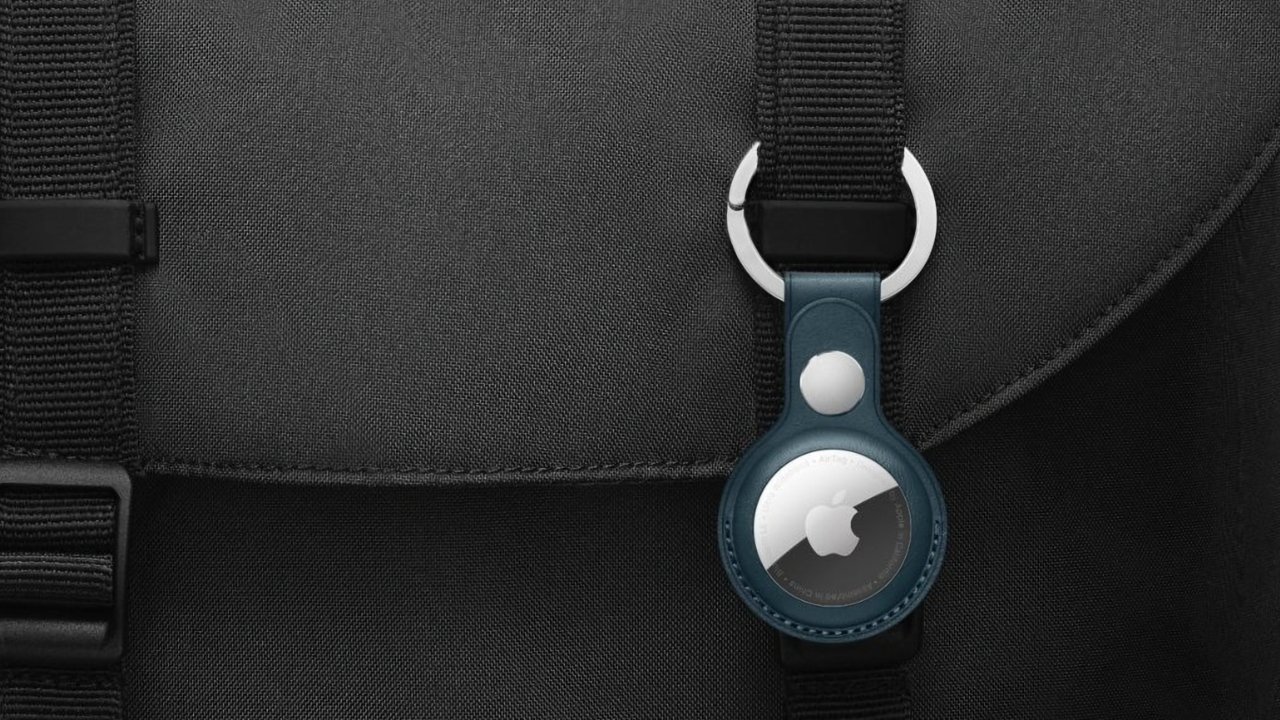A Canadian man recounts how only an AirTag got him his luggage back after United Airlines lost it and persisted in lying about where it was.
Sometimes AirTags have given us funny stories about lost luggage going on a better holiday than its owners. Sometimes it's a much darker stalking story.
But now, yet again, an AirTag has rescued luggage that wasn't where it should be and wasn't even where the airline insisted it was.
According to the Daily Hive, Canadian Winston Sih says that on August 14, 2023, his United Airlines flight from Chicago to Toronto was cancelled and he was diverted via Washington, DC. So was his luggage, but that's the last point where the airline got it right.
"I was told United would transfer my suitcase to the correct flight," Sih told the publication.
It wasn't. On asking the airline why his luggage wasn't anywhere to be found at Toronto Pearson International Airport, United Airlines promised to deliver it to his home. But thanks to his AirTag, Sih could see that the luggage was at still at Washington Dulles.
No, no, said United Airlines when he pointed this out, the luggage is actually in Toronto. Eventually, UA did put the bag on a flight to Toronto, but "that's where it started to wrong," says Sih, because now there was also Air Canada involved.
Still, his luggage got to the airport — where it then went around and around the baggage carousel at the airport until it was taken off "presumably by staff." It was taken off the carousel, but left in the baggage hall unattended for 24 hours.
No, no, said United Airlines: the luggage is still in Washington.
"But what I... told them was that my iPhone was telling me that my AirTag was showing [the luggage] live in Toronto," said Sih. "It would update every few minutes when it would ping off someone's phone."
Representatives from both United Airlines and Air Canada promised to attend to the luggage and get it to him as soon as possible. "Unfortunately," says Sih, "no one did."
He watched the AirTag saying his luggage was still right there at Toronto airport and after a day of that, he decided to go get it himself.
"I bounced back and forth between United Airlines and Air Canada staff," he says. "They don't have clear baggage offices after security/customs, which would be a good idea."
Eventually an Air Canada representative allowed him to be escorted into the secure luggage area. He used his iPhone 14 to track down the AirTag and recovered his luggage.
"It was like finding a needle in a haystack, but way easier with technology," he said. "I would say, AirTags are a must if you're travelling. I have them on my backpack, keys, and multiple suitcases."
This isn't the first time that airlines have been caught lying about where luggage is. Once someone's luggage was sent to a donation pile.
 William Gallagher
William Gallagher







-m.jpg)







 Wesley Hilliard
Wesley Hilliard

 Christine McKee
Christine McKee
 Malcolm Owen
Malcolm Owen

 Andrew Orr
Andrew Orr





-m.jpg)




7 Comments
“Lying” suggests the airlines knew where the luggage was and intentionally said it was in a different location. It’s much more likely here that the airlines’ tracking system, which depends on a bar code being correctly scanned, was reporting incorrect information to staff, and they were reflecting that information to the customer. Yes, the customer was telling them he had different information, but all they have to go on is their own system, which to be fair, moves a huge amount of luggage around correctly every day.